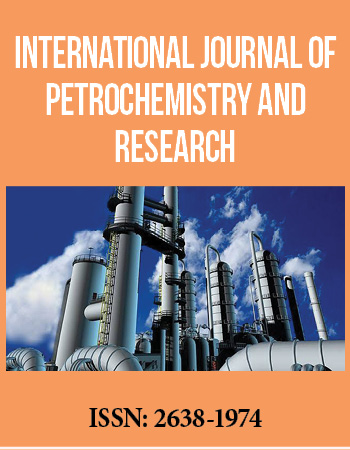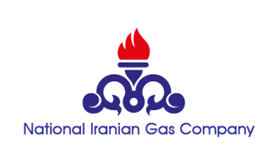International Conference on Oil, Gas and Petrochemistry
April 3-5, 2017 Dubai, UAE
Tubular expansion in oil and gas wells: Assessment of mechanical performance
Mechanical and Industrial Engineering Department, Sultan Qaboos University, Sultanate of Oman
Drilling and development work in the oil and gas industry is facing many serious challenges. This includes lower-cost and timeefficient well completion, effective and practicable shutoff of water and other unwanted zones, etc. The last couple of decades have seen successful management of these problems through the use of Solid Expandable Tubular (SET) technology. SETs have become an integral part of many improved oil recovery (IOR) and enhanced oil recovery (EOR) strategies, making production possible from difficult-to-access and previously abandoned wells. At the heart of the technology is the in-situ expansion of a steel tubular against an outer casing (closed-hole) or a rock formation (open-hole). This expansion is achieved by propagating a conical mandrel through the tubular, either by hydraulic pressure, or by mechanical pull. Structural integrity of the expanded tubular (burst and collapse strengths, etc) cannot be evaluated without determining its original and post-expansion mechanical properties. Sponsored by Petroleum Development Oman, a test setup for tube expansion has been designed and constructed at Sultan Qaboos University, Muscat. This facility also contains equipment for mechanical testing and material characterization. Various expansion tests have been carried out at this test facility, on different tubular materials, and at different expansion ratios. Some results are presented in this paper about assessment of mechanical properties of the tubular before and after expansion. The study includes properties such as yield and ultimate strengths, and stress and strain at fracture. One remarkable observation is that strength and ductility are not changed a lot even after the significant amount of cold work.
Keywords: Solid expandable tubular (SET), expansion test rig, mechanical properties, tensile testing
Biography:
Prof. Sayyad Zahid Qamar is currently associated with the Mechanical and Industrial Engineering Department, Sultan Qaboos University, Muscat, Oman. He has worked both as a university academician and a researcher, and as a field engineer (mechanical), during his twenty-five years of professional service. His main research areas are applied materials and manufacturing; Applied mechanics and design; Reliability engineering; and Engineering education. He has worked on different funded projects in excess of 4 million US dollars. He is the author of one research monograph (book), two book chapters, over 120 publications in refereed international journals and conferences, and 31 technical reports. He has also edited two technical book volumes, and is serving on the editorial boards of various well-known research journals. He has conducted experimental, numerical, analytical, and stochastic studies in the areas of Swelling and inert elastomers; Solid expandable tubulars; Metal forming process, product, and tooling; etc.



